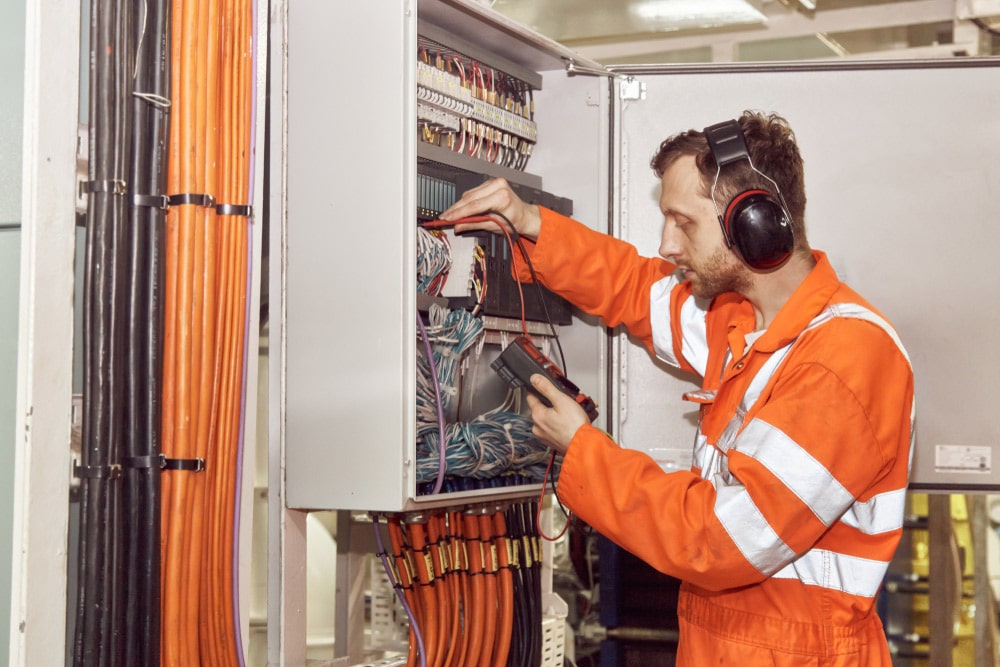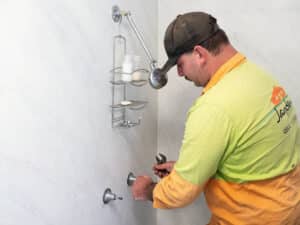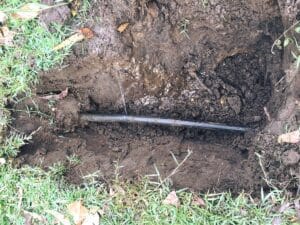Have you ever wondered how much strain your building’s electrical system can handle before things go wrong? In commercial properties where lights, HVAC systems, heavy equipment, and security infrastructure run simultaneously, this isn’t a question to leave unanswered. Regular electrical load testing is one way to assess whether your power supply can support current and future operational demands—safely and consistently.
In this blog, we’ll explain the role of load testing in commercial environments, when it should be done, and why a commercial electrician in Mackay is best placed to carry out this critical work.
What Is Electrical Load Testing?
Electrical load testing is the process of assessing whether a building’s electrical system can handle the combined demand of all connected devices without overloading. It measures the system’s performance under both normal and peak usage conditions to verify stability, reliability, and safe operation.
Testing typically includes:
- Evaluating voltage levels under load.
- Monitoring circuit breakers, distribution boards, and wiring.
- Checking power factor and overall system balance.
- Identifying potential hazards like heat buildup or inconsistent load distribution.
This type of testing helps identify overloaded circuits, undersized components, or system weaknesses that could pose a risk of equipment damage or fire.
Why Is Load Testing Important in Commercial Settings?
In commercial environments, electrical systems are often complex and operate under heavy, varied loads. A failure in any part of that system could interrupt business operations or, worse, result in safety risks.
Here’s why regular load testing matters for commercial safety and compliance:
It Helps Prevent System Failures
By identifying capacity issues or ageing components early, businesses can carry out preventative maintenance before a fault causes major disruption. This is especially important in sectors where downtime impacts productivity or service delivery.
It Supports Workplace Safety
Overloaded circuits, faulty wiring, or improperly balanced systems may lead to electrical fires or equipment malfunction. Load testing helps detect these issues before they pose a threat to people or property.
It Aids in Planning Upgrades
If your business is expanding or introducing new equipment, load testing helps determine whether the current electrical infrastructure can support the increased demand. This reduces the chance of power supply issues during operational changes.
It Ensures Compliance with Regulations
Commercial properties in Australia must comply with workplace health and safety standards and electrical codes. Load testing forms part of a broader electrical safety assessment, helping property managers remain compliant and prepared for audits or inspections.
How Often Should Load Testing Be Done?
There’s no one-size-fits-all answer—it depends on your type of business, building age, and operational load. However, a general recommendation is:
- Annually for most commercial facilities.
- Every 6 months for high-demand sites such as data centres, manufacturing plants, or healthcare facilities.
- Immediately after a major upgrade, renovation, or equipment change.
Facilities with critical infrastructure, like emergency lighting or backup generators, may also require more frequent testing as part of their routine safety protocols.
Scheduling regular tests allows for trend monitoring over time. This helps identify gradual wear or increasing load, which may signal the need for upgrades.
Common Issues Detected During Load Testing
Even if everything appears to be working on the surface, load testing can uncover underlying problems, such as:
- Undersized wiring not suitable for actual load requirements.
- Loose connections that cause overheating.
- Breaker tripping under peak load conditions.
- Load imbalance across three-phase power systems.
- Unexpected power draw from underreported equipment.
Early detection of these issues allows for corrective action before failure occurs—avoiding risk and potential cost blowouts.
Why a Qualified Commercial Electrician Should Handle Load Testing
While some businesses may be tempted to assess their power usage internally, load testing should only be conducted by a commercial electrician in Mackay with the right licensing, equipment, and training.
Here’s why professional input matters:
Technical Knowledge
Commercial electricians understand the load characteristics of various equipment and systems, including HVAC, refrigeration, machinery, lighting, and IT infrastructure. They know what to test, how to test it, and how to interpret the results correctly.
Compliance with Standards
Professional electricians follow Australian Standards (AS/NZS 3000) and work within the guidelines of local and national electrical codes. This provides reassurance that the testing meets legal and safety requirements.
Access to Specialised Equipment
Accurate load testing requires advanced diagnostic tools, such as data loggers, thermal imaging, and current analysers. A qualified electrician brings this equipment to every site visit.
Safety First
Handling live electrical systems involves risk. Commercial electricians are trained to carry out tests safely, with the correct isolation procedures and PPE in place.
Documentation & Reporting
Professional testing includes detailed reports outlining system capacity, performance, and any recommendations for corrective work. This documentation is essential for compliance records and future audits.
The Benefits of Ongoing Load Testing for Your Business
Beyond safety and compliance, regular load testing can have direct operational and financial benefits for commercial property owners and managers:
- Fewer unexpected outages due to proactive maintenance.
- Lower insurance risks with documented safety records.
- Improved energy efficiency through detection of imbalances or unnecessary loads.
- Smarter upgrade decisions based on real data rather than assumptions.
- Extended equipment lifespan by preventing overheating and wear from overloading.
These advantages combine to deliver more predictable performance and peace of mind—particularly in industries where uptime is critical.
Choosing a Commercial Electrician in Mackay for Load Testing
When selecting a commercial electrician near you, it’s important to work with someone who understands the local compliance environment, building types, and business needs specific to Mackay.
Look for:
- Valid electrical contracting licence.
- Experience with load testing in commercial and industrial settings.
- Ability to provide tailored recommendations based on test results.
- Prompt, clear communication and thorough reporting.
A local electrician will also be available for follow-up support, ongoing testing schedules, and any required upgrades or repairs identified during the inspection.
Book Electrical Load Testing with a Commercial Electrician in Mackay
Electrical load testing is not just a technical task—it’s a core part of building safety and operational readiness for commercial properties. As energy demands grow and equipment evolves, having a clear picture of your system’s performance under load can help you manage risk, plan smarter upgrades, and maintain regulatory compliance.
At Jayden Enterprises, we support commercial clients in Mackay with reliable load testing services, inspections, and electrical upgrades. Our licensed team can help identify risks early, recommend improvements, and provide detailed documentation to meet your safety and reporting obligations. Contact us today to arrange your next load test and take a proactive step toward electrical safety and stability.











